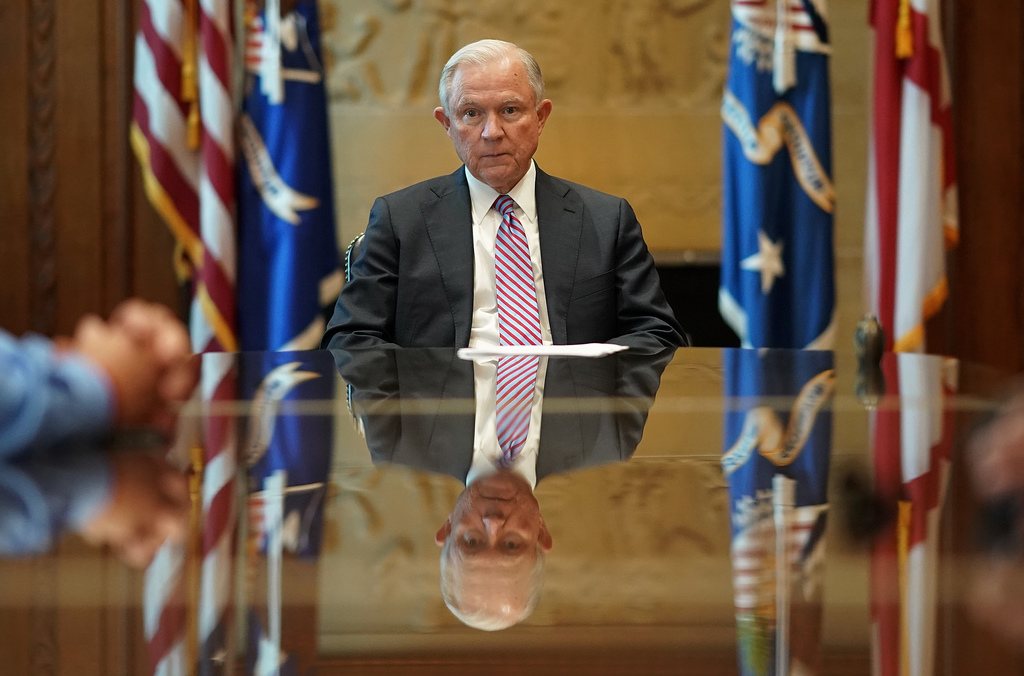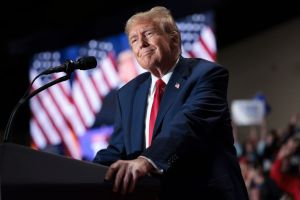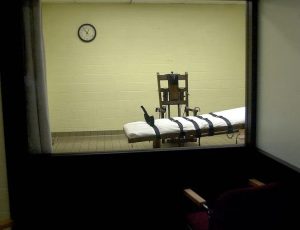Jeff Sessions had more than just Donald Trump against him in his bid to win back his old Senate seat. He was also facing a Republican party that has been destroyed and remade — in Alabama as elsewhere — severing old relationships and affections. Contrary to what almost all of President Trump’s critics and a great many of his supporters believe, however, the new GOP is not simply Trump’s party. It’s a party that still includes most of the old interests, only newly networked and re-routed. The party is like an ingot that’s been melted down and recast, still the same but no longer familiar. As far as voters were concerned, the same could be said of Jeff Sessions himself. Sessions was a senator for 20 years. He had only token opposition when he last won re-election in 2014: no primary opponent and only a write-in Democrat in the general election. Yet that commanding position helps explain his defeat last night. A reservoir of support as wide as Sessions enjoyed is not always very deep, and winning as easily as Sessions did at the end of his Senate career can make a politician less competitive when a real challenge comes along. In this case, Sessions waited too long before declaring his intention to take back his old seat, by which time his rivals had already built up their networks and invested in the fight.More than that, though, breaking off a long-term relationship with home-state voters to go to Washington can make rekindling the romance difficult. Jon Huntsman, recently defeated in his primary bid for another shot at his old office as governor of Utah, is another example. Like Sessions, Huntsman had a sterling conservative record and enjoyed bedrock-solid support while he was in office. But Utah politics moved on while Huntsman served as Obama’s ambassador to China and Trump’s ambassador to Russia, with a stint in the middle as a 2012 presidential hopeful. As different as Sessions and Huntsman might be in other respects, both tried to pick up right where they left off, but instead found themselves rebranded in voters’ minds with the identities they acquired after leaving home.Huntsman lost even without being an object of the President’s ire, as Sessions undoubtedly was. And although Trump made no secret of his displeasure with his former attorney general, he did not intervene heavily in the first round of the primary, which Sessions lost last night to Tommy Tuberville, the former head football coach of Auburn University. Tuberville illustrates the ways in which the Republican party has and has not been remade since the Trump takeover. Unlike Sessions — whose office incubated the Trump’s senior adviser Stephen Miller — Tuberville inspires no great faith among immigration restrictionists or economic nationalists, and nobody expects him to be a sharp critic of neoconservative foreign policy. He recites the script that he has to recite to win while Trump is President, but he gives no sign of being a leader of deep populist convictions or understanding. He’s new skin over the old bones of GOP, Inc.Trump broke those bones in 2016. Unlike rich men who’d run in the Republican party before (and have run since), Trump had formed his own conclusions on issues such as trade and immigration, and he refused to conform to the consensus of his class. His stubbornness anchored his politics. But that stubbornness also anchors his personal judgments, including those about former associates like Jeff Sessions. This is why Sessions’s convictions on trade, immigration, and foreign policy counted for so little in the face of the personal betrayal that Trump felt when Sessions, as attorney general, recused himself from the Trump-Russia inquiry. The same character trait that made Trump the populist that he is also made him implacable in his enmity. The President is self-directed to the point of being unpolitical — whether that means defying the orthodoxy of his class or defying the logic of returning to the Senate someone who champions his issues and can articulate them in policy better than almost anyone else.
[special_offer]
Personalities come and go in politics; interests persist. The interests that made the GOP what it was pre-Trump have not vanished, however much turnover and tumult the party has seen these last four years. The Republican party in the Trump era is a party of the rich, the religious, and the rejected — the non-elite citizenry who are superfluous to the needs of Wall Street and the woke. The rich have ruled the party since long before Trump gave the rejected a leader. And the religious, for all that they lose out to the GOP’s corporate interests, have for decades been indoctrinated to accept tokenism and to fear populism: the American elite magnanimously agrees not to obliterate ‘religious liberty’, but in return you must not collaborate with those populist rejects, with all their un-Christian nationalism. Trump shattered the coalition’s old hierarchy and formulas in 2016. The Republican party since then has not been the party of Trump, however, but a cyborg: half-Trump, half-GOP machine of old.Jeff Sessions, the first and for a long time the only Republican of national standing to support Trump in 2016, has no place in this party. Corporate America will not support an economic nationalist and an immigration restrictionist. The rejected are divided and confused by the claims that every Republican now makes to being a pro-Trump populist, while Trump himself pillories his former ally. The religious have at present no independent leadership or voice, certainly none that would be prepared to stand up for Jeff Sessions. With the elements of the party’s coalition disposed in these ways, the former senator had little to work with, and nothing that could propel him back into office.But in Sessions’s defeat lies a warning for the President as well. A newly rebuilt GOP that half-resembles the party he smashed in 2016 is going to be repellent to the populist voters who elected Trump in the first place, while the half of the new party’s character that resembles Trump himself is going to continue to repulse the voters who opposed Trump four years ago. Come November, who will this party have left? Sessions found himself without an adequate base in the new GOP. Whether the party has an adequate base for the 2020 election is a proposition that will soon be tested, unless Trump again runs as the man beyond party that he was four years ago.


















